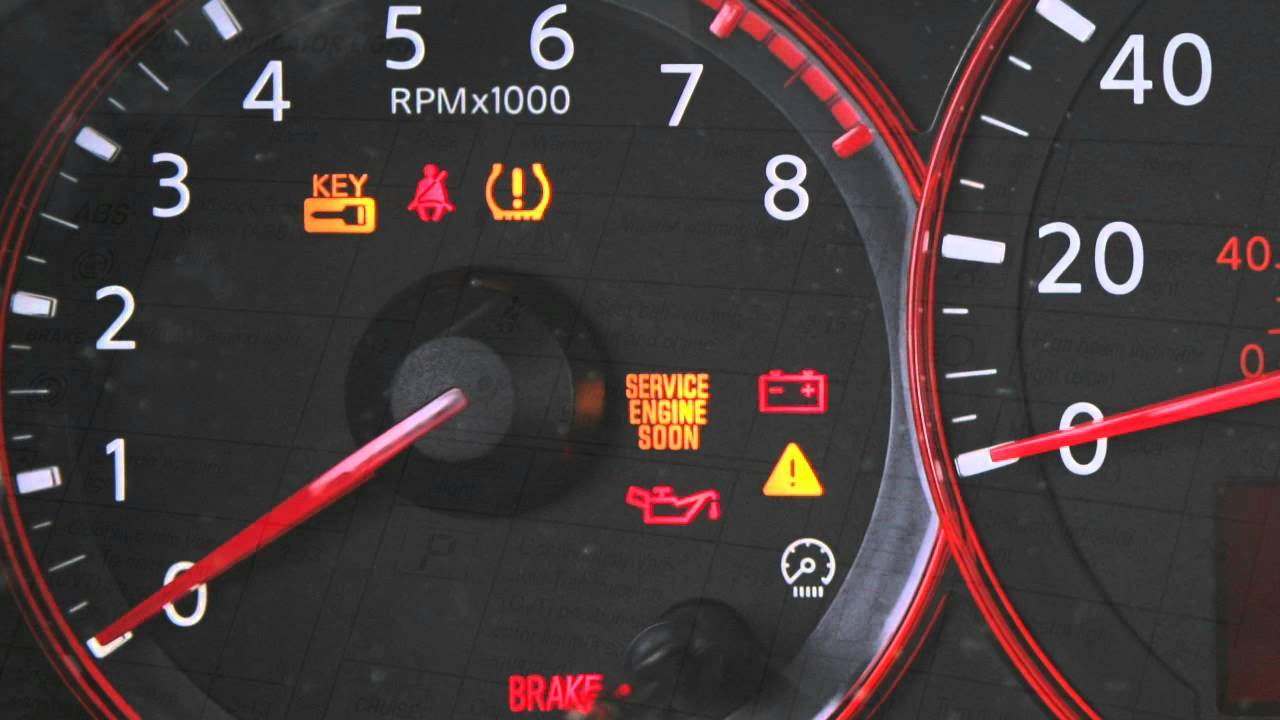Most modern drivers don’t actually know how to take care of their car on their own. The
majority of drivers rely completely on a mechanic at a car dealership or independent
auto body shop to perform even the most basic of scheduled maintenance services and
repairs—like an oil change or changing a flat tire.
Learning how to perform some basic maintenance services and repairs on your own car
can save you a good amount of money and stress in the long run. If you are a Nissan
driver, keep reading to learn how to safely fix your Nissan on your own in this brief guide
to DIY Nissan maintenance services and repairs for any average driver.
Which Nissan Services and Repairs are DIY?
It is obviously unwise to attempt to perform any major repairs on your Nissan on your
own unless you have undergone specific mechanic training and have the right
knowledge, skills, tools and equipment necessary to perform major repairs safely and
accurately. So which services and repairs should you attempt to take care of on your
own—and which should you leave alone and entrust the service center at your local
Nissan dealership to handle?
Most scheduled maintenance services are safe to perform independently for your
Nissan—with the right knowledge and tools, of course. These maintenance services
include changing the oil in your vehicle, replacing your car’s air filters, changing your
Nissan’s brake pads and spark plugs, etc.
Some minor repairs and part replacements are also fairly simple to learn to perform
yourself without the help of a technician at a car dealership or independent auto repair
shop. Replacing your Nissan’s windshield wipers, headlights, or tail lights are among
these simple DIY minor repairs.
Services and repairs that you should not attempt to perform on your Nissan yourself
include anything to do with the high-tech systems that are integrated into your car.
Cutting-edge technology is becoming more and more important in new car models.
However, the process of repairing anything that goes wrong with this technology
involves special recalibrations, sophisticated sensors and diagnostic tools, and other
very complex tools and techniques that any driver without special training is unequipped
to handle safely and effectively.
In-car tech that drivers should not try to service themselves include any advanced
safety and driver-assist features—including automatic emergency braking
systems—infotainment systems, and high-tech systems for engine management.
Attempting to service or repair one of these systems in your own can lead to severe
damage to that system and other systems inside your car as well.
Are Nissans Difficult to Fix?
If you’re a Nissan driver, you’re lucky. Nissan vehicles are among some of the easiest
and cheapest vehicles to service. However, it is impossible to understate the
importance of leaving major repairs and services in the hands of a professional.
While Nissan vehicles are not notoriously difficult to fix, some Nissan models are easier
than others to maintain and repair on your own. The Nissan model you drive is a major
contributing factor to how easy your Nissan is to fix independently.
Which Nissan Models are Easiest to Fix?
When it comes to servicing and repairing your Nissan on your own, not all
vehicles are equally easy to service independently. Two modern Nissan models that are
comparatively easy to fix on your own without the help of a mechanic include the
Frontier and the Altima.
Genuine OEM part replacements for the Nissan Frontier are affordable and easily
accessible for the average driver. This compact Nissan truck also has classic
underpinnings and simpler engine technology than many other trucks in its class, which
make it easier to service and repair.
The Nissan Altima is a midsize sedan, and midsize sedans tend to be easier to fix than
most vehicles in other classes. In fact, Nissan’s Altima is an affordable model that was
designed to be cheap and easy to repair. Like those of the Nissan Frontier, genuine part
replacements for the Nissan Altima are easily accessible as well.


